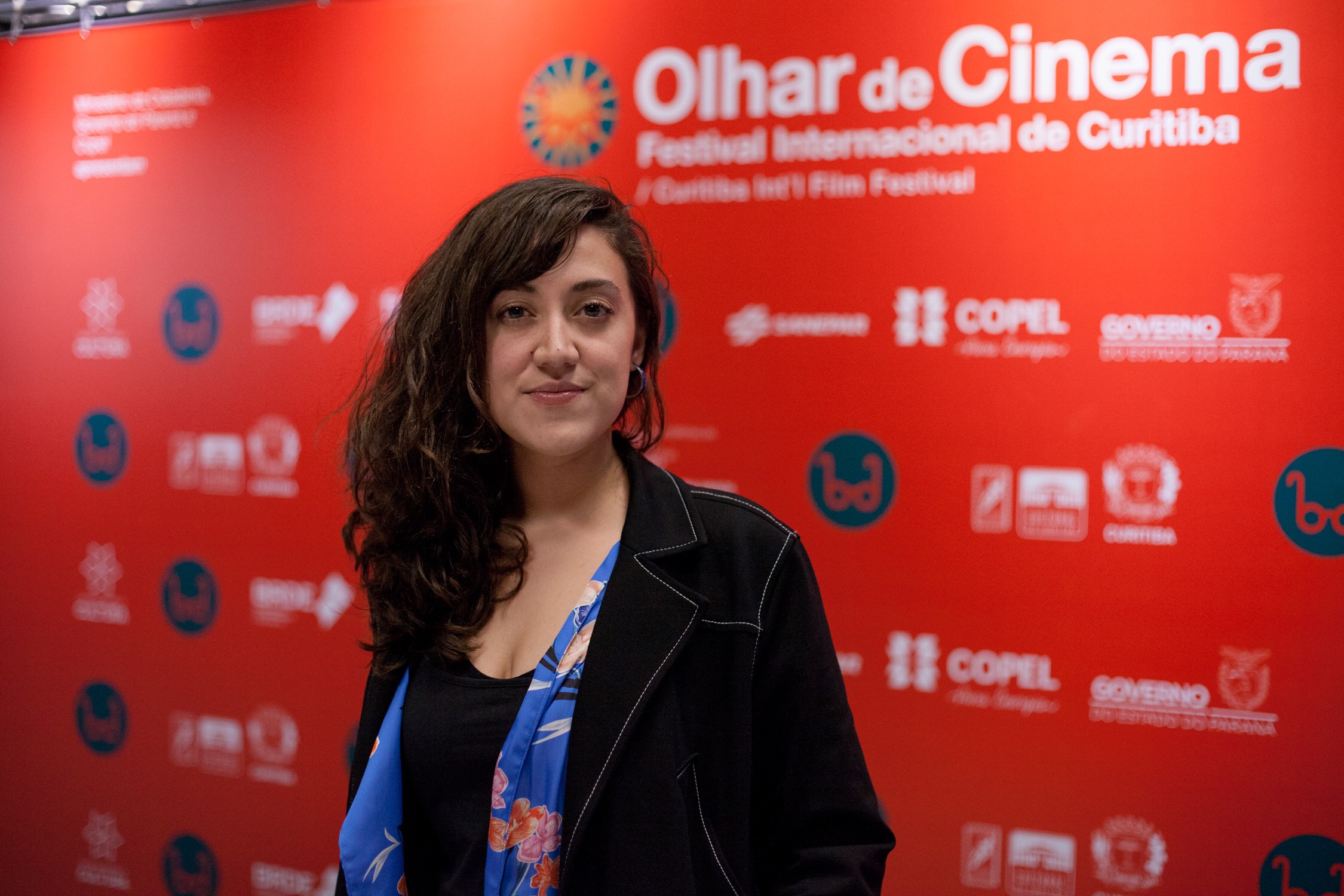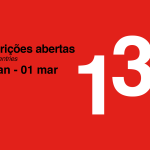
-
8 de June de 2019
Foco: The Open Conversation
As part of this year’s Focus section, dedicated to the work of the Chilean filmmaker Camila José Donoso, Olhar de Cinema will hold an Open Conversation with the filmmaker on June 10th at 6:30 P.M. in Shopping Crystal.
In this free event, Camila will discuss a variety of aspects related to her filmmaking, including her crucial pedagogical notion of “transfiction”. She has previously written the following about it: “The idea of transfiction emerged soon after making my feature films Naomi Campbel (2013), Casa Roshell (2017), and Nona. If They Soak Me, I’ll Burn Them (2019), all three of which share common methodologies and sensations in relation to the limits between documentary and fiction. It can also apply to portraiture, whether of one character or of many. The object of transfiction’s study is to think through how the limits between cinematographic categories can be blurred, as well as how a single film can travel between multiple different forms of representation.”
As inspiration for the development of this idea, Camila has cited a number of notable filmmakers who have worked in hybrid forms, among them Ignacio Agüero, Pier Paolo Pasolini, Jean Rouch, and Raúl Ruiz. In the Open Conversation, she will further discuss her own cinematic formation and process of learning and thinking about filmmaking through a variety of conversations that she has had – with other filmmakers and reference points, with her films’ subjects and collaborators, and even with her own filmic materials.
The event will additionally present a short film by Camila and excerpts from other work of hers, plus a short film involving directors she admires. Synopses of the two shorts can be read below:
Nona (2014, dir. Camila José Donoso)
Camila’s description of her brilliant short reads “Self-exile and metamorphosis in a handmade quotidian record of a rather unusual housewife”. The electric character is Nona, an elderly woman (played by Josefina Ramírez) who explores her rural home as she tells her life story to an analogue video camera. Throughout, a curious Camila peppers the woman (played by her grandmother) with questions from offscreen. The short is both a precursor to Camila’s most recent feature and a study of a figure of boundless interest.
As the Flames Rose (O que arde cura, 2012, dir. João Rui Guerra da Mata)
Camila searched early on for what she calls “a queer and dissident cinema that depicted the trans world from a rather un-masculine place.” She found it in the work of Portuguese filmmaker João Pedro Rodrigues, especially in his crucial film To Die Like a Man (2009). As the Flames Rose stars Rodrigues himself and was directed by his partner, João Rui Guerra da Mata, who worked on To Like a Man’s script and created its memorable art design, and who here adapts Jean Cocteau’s play La voix humaine into a masterwork of visual expression.







